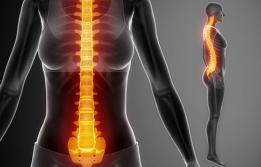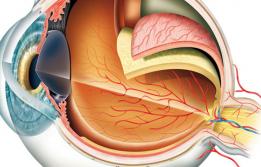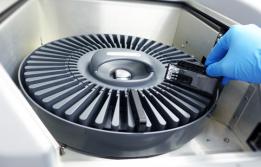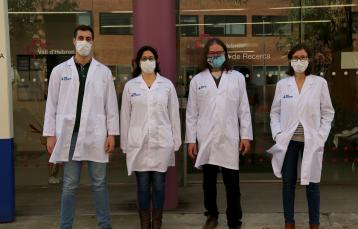Ear, Nose and Throat (ENT)
Description
The ENT Teaching Unit is led by the Ear, Nose and Throat Department, with participation from the Paediatric ENT Department, Clinical Neurophysiology, Neurosurgery, Radiology, Pathological Anatomy, Microbiology, Plastic Surgery and Burns, General Surgery, Radiotherapy and Oncology, Internal Medicine and Rehabilitation Departments. We work on the prevention, diagnosis, treatment and rehabilitation of diseases of the ear and upper aerodigestive tract, as well as pathology in related organs.
We offer a training programme that includes an introduction to research methods; training that advances in parallel with the specialisation.
Residents actively and progressively participate in clinical sessions in the unit, which help them to acquire the necessary knowledge to design their own research, observational or experimental study.
Accredited places: 2
Download the Unit training programme
Why specialise at Vall d’Hebron?
- Because thanks to the high volume of activity in our unit, we offer the chance to work with a wide range of pathologies and procedures. The unit receives an average of 16,000 first visits and 15,000 follow up visits per year. On average we also perform 270 major surgical procedures per year and around 800 minor operations, giving residents the chance to see all kinds of cases.
- Because our clinics include head and neck specialisations, in addition to paediatric ENT, otology and neurotology, facial plastic and reconstructive surgery, laryngology, endoscopic skull base surgery, allergy and immunology specialisations. All specialisations are carried out by physicians of international renown, with a high number being world leaders in their field.
- Because your training doesn’t stop here. We offer educational conferences throughout your residency through different professional development activities, scientific publications and presentations.
- Because we have the best facilities for your training. We have our own temporal milling laboratory. In addition, we have an agreement with the Anatomy Department at the Autonomous University of Barcelona to allow us to perform dissections in their facilities.
- Because we encourage residents to undertake external rotations through other hospital departments and the Radiodiagnosis Department.
- Because our VHIR Research Institute allows you to enhance your research training and will support you during your residency when preparing your doctoral thesis.















